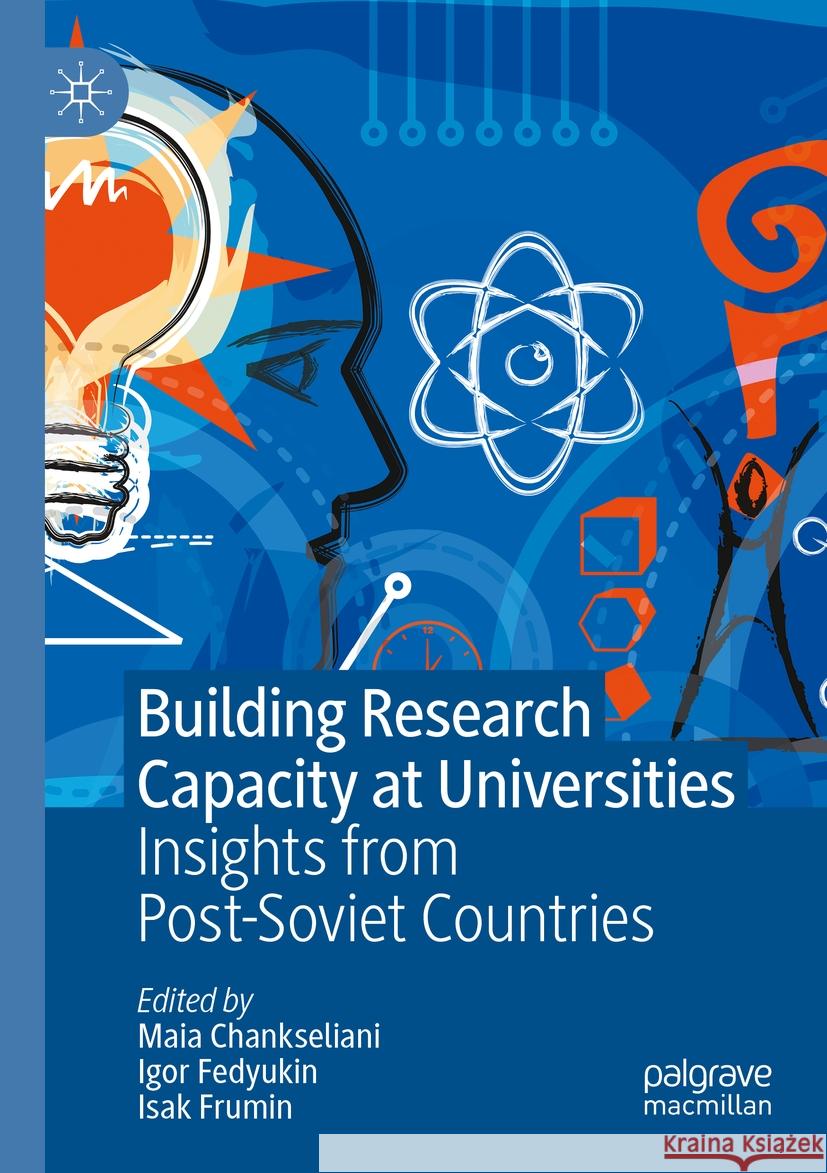Building Research Capacity at Universities » książka
topmenu
Building Research Capacity at Universities
ISBN-13: 9783031121432 / Angielski / Miękka / 2023
Building Research Capacity at Universities
ISBN-13: 9783031121432 / Angielski / Miękka / 2023
cena 442,79
(netto: 421,70 VAT: 5%)
Najniższa cena z 30 dni: 385,52
(netto: 421,70 VAT: 5%)
Najniższa cena z 30 dni: 385,52
Termin realizacji zamówienia:
ok. 22 dni roboczych
Dostawa w 2026 r.
ok. 22 dni roboczych
Dostawa w 2026 r.
Darmowa dostawa!
This edited volume represents a collective contribution to the current debates on developing university research capacity. The chapters in this volume offer empirical case studies from post-Soviet countries which share a common history, common policies and practices of higher education. These commonalities make the regional focus meaningful and analytically valid. At the same time, the case studies demonstrate divergence from the shared Soviet tradition and offer historical, sociological, and political analyses of how and in what ways universities in former Soviet countries internalised their research mission and developed the capacity to carry out this mission. This volume is the first of its kind to examine national and institutional resources, political will, and individual agency to understand how these influenced universities’ motivation, expertise, and opportunities of undertaking research since the early 1990s, and how universities changed their structures and practices under these influences. The book will appeal to students and scholars in the fields of education, sociology, political science, and economics.











